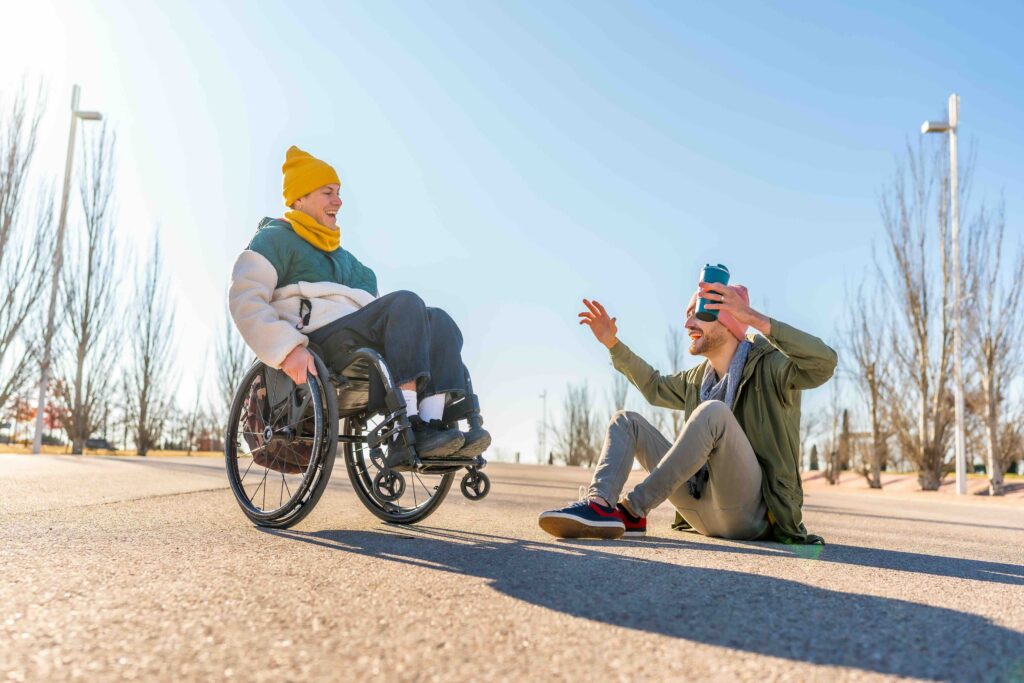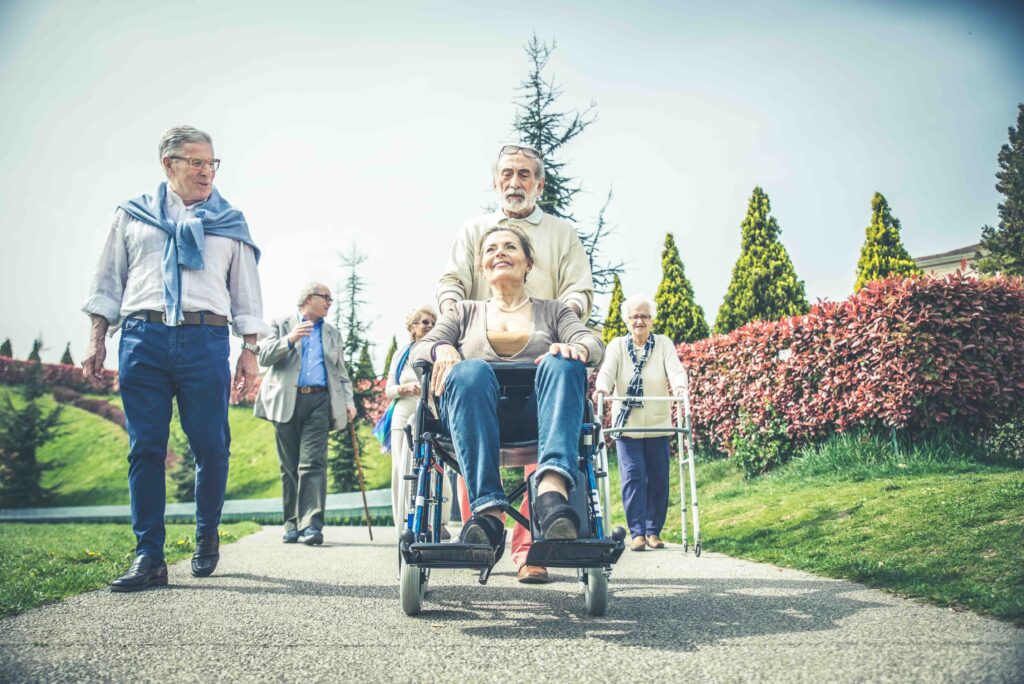Medical Preparation: The Foundation of Accessible Travel
Preparing for travel with a chronic illness or disability requires thorough medical planning, especially in 2025 when healthcare systems worldwide continue to adapt. Start by scheduling a pre-travel consultation with your healthcare provider at least 6-8 weeks before departure. This timeframe allows for any necessary vaccination updates, medication adjustments, or special authorizations that may be required.
Essential documentation to prepare includes:
- A comprehensive medical history translated into your destination’s language
- Complete prescription list with generic names (medications may have different brand names abroad)
- Doctor’s note explaining your condition and treatment needs
- Medical ID bracelet with critical information for emergency responders
For international travel in 2025, digital health passports have become increasingly standardized, but paper backups remain essential. Many countries now offer pre-registration systems for travelers with medical needs, allowing border officials and emergency services to access your information quickly if needed.
Travel Insurance and Emergency Planning
Standard travel insurance often excludes pre-existing conditions, so specialized coverage is essential. Use comparison platforms like InsureMyTrip, WorldNomads, or SafetyWing to find policies that specifically cover your condition. In 2025, many insurers now offer tailored plans for travelers with chronic conditions, including virtual doctor consultations and medication delivery services.
Emergency planning should include:
- Researching medical facilities at your destination that specialize in your condition
- Downloading emergency assistance apps like EmergencyAssist and ICE (In Case of Emergency)
- Registering with your country’s embassy or consulate at your destination
- Saving local emergency numbers and nearby hospital locations in your phone
Many destinations now have specialized medical concierge services for tourists with health concerns, which can be arranged in advance for peace of mind.
Finding Accessible Accommodation
Accommodation needs vary widely depending on your specific requirements. Fortunately, 2025 has seen significant improvements in accessibility information provided by hotels and rental properties.
When booking, utilize platforms with detailed accessibility filters, such as Booking.com or Agoda, which now offer verified accessibility reviews from previous guests with similar needs. Look specifically for:
- Elevator access and step-free entrances
- Bathroom modifications (grab bars, roll-in showers, raised toilets)
- Room for medical equipment if needed
- Proximity to medical facilities
- Refrigeration for medications
Always contact properties directly to confirm specific accessibility features before booking. Many accommodations now offer virtual tours of accessible rooms, allowing you to visually verify the suitability before arrival.
Location Considerations
Choose accommodations in areas with good accessibility infrastructure. Apps like AccessNow provide crowd-sourced information about accessible restaurants, attractions, and services worldwide. In 2025, many major tourist destinations have implemented comprehensive accessibility mapping, making it easier to plan your daily movements.
Transportation Strategies
Air travel continues to improve its accessibility services in 2025, but advance planning remains crucial. When booking flights:
- Book directly with airlines when possible to clearly communicate your needs
- Request special assistance at least 48 hours in advance (wheelchair service, early boarding, etc.)
- Consider booking seats with extra legroom or near bathrooms if needed
- Ask about storage options for mobility equipment or medical devices
For ground transportation at your destination, research accessible options beforehand. Ride-sharing services like Uber and Lyft often have accessible vehicle options that can be requested through their apps. Many cities now have specialized accessible transit services that can be arranged in advance.
In 2025, several transportation apps specifically cater to travelers with accessibility needs, providing real-time information about elevator outages in transit systems, accessible routes, and specialized taxi services.
Medication Management While Traveling
Proper medication management is critical during travel. Always:
- Pack at least 50% more medication than you expect to need
- Keep medications in original containers with prescription labels
- Store medications in your carry-on luggage (never in checked bags)
- Research medication restrictions at your destination (some countries restrict certain medications)
- Carry a doctor’s letter explaining your need for specific medications
For complex medication schedules across time zones, apps like Medisafe or Mango Health help track dosage timing. Some travelers find it helpful to keep one device on their home time zone specifically for medication timing.
In 2025, many pharmacy chains have international partnership programs allowing prescription transfers or emergency refills abroad – research whether your pharmacy offers such services before departure.
Balancing Activities with Health Needs
Creating a realistic itinerary is essential for an enjoyable trip:
- Schedule rest days between active days
- Research accessibility of attractions before visiting
- Consider private or small-group tours that can accommodate your pace
- Book timed-entry tickets to avoid long waits
- Plan activities during your peak energy times
Many tour companies now specialize in accessible tourism, offering customized experiences for travelers with various needs. These services have expanded significantly in 2025, with specialized guides trained to accommodate different conditions.
Managing Language Barriers for Medical Needs
Communication challenges can be particularly concerning when dealing with health issues abroad. Prepare by:
- Using translation apps like Google Translate (which now allows you to download medical phrase packs)
- Creating cards with your medical conditions and needs translated into the local language
- Utilizing medical translation apps like Canopy Speak
- Learning key medical phrases in your destination’s language
To find English-speaking medical professionals, consult the International Association for Medical Assistance to Travelers (IAMAT) website, which provides directories of qualified doctors worldwide. Your country’s embassy can also usually provide recommendations for trusted medical facilities.
Travel Companions and Support Networks
If traveling with a companion, ensure they are fully briefed on your condition, including:
- Where you keep important medical documents
- Emergency procedures specific to your condition
- Medication schedule and administration if assistance might be needed
- Your triggers, warning signs, or specific needs
For solo travelers, consider connecting with accessible travel communities through platforms like Accessible Travel Network. These communities often organize group trips and can connect you with other travelers with similar needs. Many destinations now have accessibility ambassadors – local volunteers who can provide assistance and information to travelers with disabilities.
Final Thoughts on Inclusive Travel
While traveling with a chronic illness or disability requires additional planning, the travel industry has made significant strides in accessibility for 2025. Remember that thorough preparation is key to a stress-free experience, but don’t let your condition prevent you from exploring the world.
With proper planning, the right resources, and a flexible attitude, travel can be not just possible but truly enjoyable. The growing awareness around accessible tourism means more destinations are prioritizing inclusivity – opening up a world of possibilities for all travelers, regardless of health status or mobility needs.


